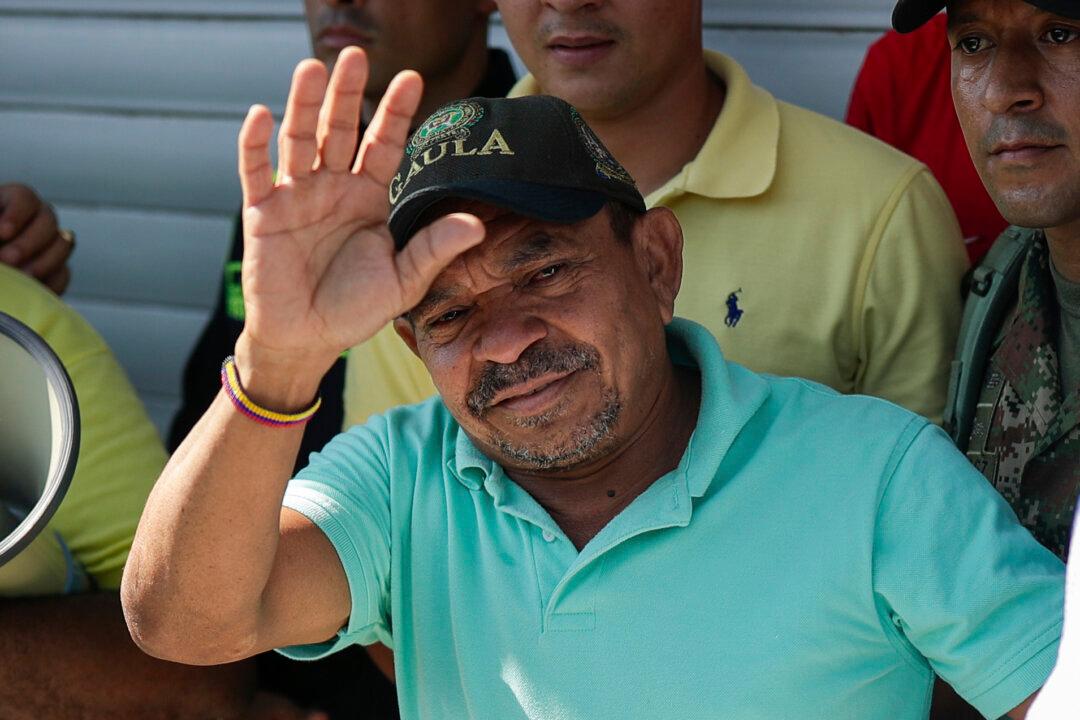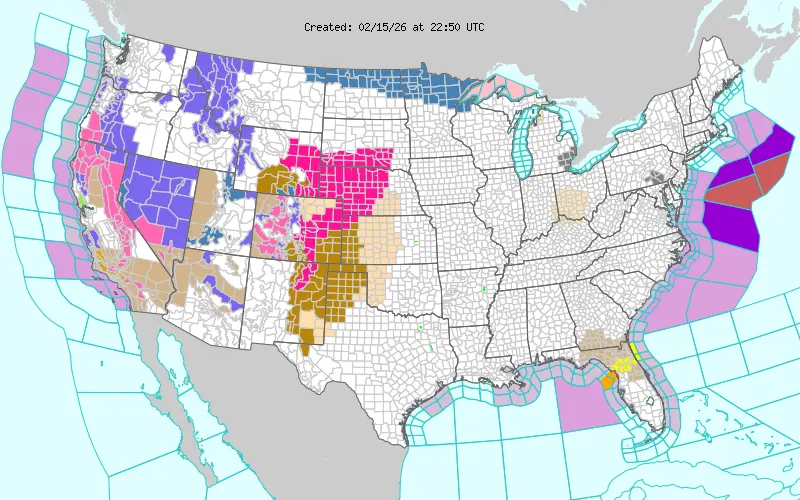BARRANCAS, Colombia—The father of Liverpool striker Luis Díaz was released Thursday by members of a guerrilla group who kidnapped him in northern Colombia, the government announced, ending a 12-day ordeal for the family.
Luis Manuel Díaz’s kidnapping on Oct. 28 from his hometown of Barrancas had quickly drawn international attention and appeals for his release. On Sunday, the younger Diaz pleaded for his father ’s freedom after scoring for Liverpool in a Premier League soccer match, revealing a T-shirt saying “Freedom for Papa” in Spanish.





